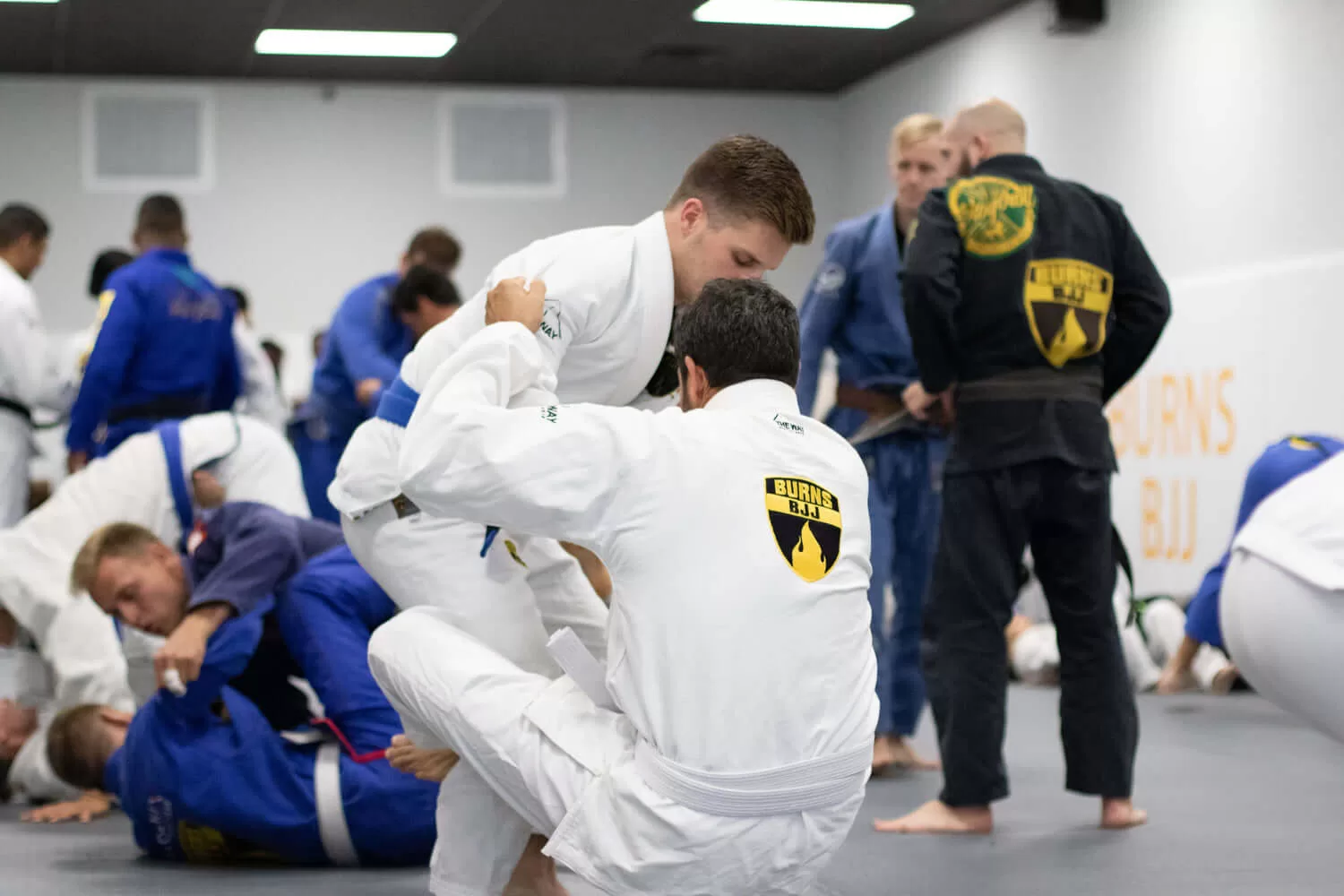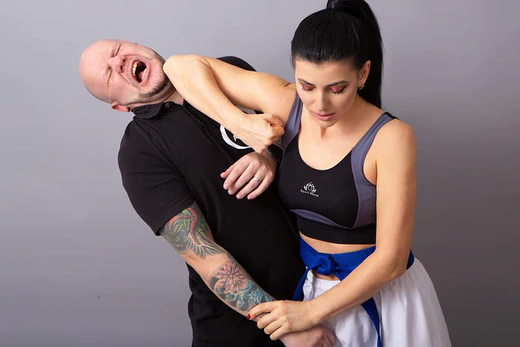Introduction: Embarking on a martial arts journey can be transformative, providing not only physical fitness but also invaluable self-defense skills. For beginners, choosing the right martial art is crucial, as it should align with their fitness goals, interest in self-defense, and comfort level. This guide delves into several popular martial arts, evaluating their pros and cons for self-defense to help you make an informed decision.
Karate
Overview: Karate is a traditional Japanese martial art focusing on striking, kicking, and defensive blocking with arms and legs.
Pros:
- Structured Learning: Karate provides a clear progression system through belts, which can be very motivating for beginners.
- Striking Techniques: It teaches powerful striking techniques which are effective in self-defense situations.
Cons:
- Limited Grappling: Karate focuses less on grappling, which can be a disadvantage in close-combat scenarios.
- Rigid Forms: The emphasis on kata (forms) might not directly translate to practical self-defense skills against unscripted attacks.
Taekwondo
Overview: Originating in Korea, Taekwondo is known for its emphasis on high kicks and physical agility.
Pros:
- Dynamic Kicking Techniques: Taekwondo’s diverse array of kicks can keep an attacker at a distance.
- Flexibility and Agility: Regular practice enhances flexibility, speed, and agility, improving overall defensive capability.
Cons:
- Emphasis on Kicks: Heavy reliance on kicks might be less effective in confined spaces or against multiple attackers.
- Less Focus on Hand Techniques: There’s comparatively less emphasis on punches or blocks, which can be crucial in self-defense.
Aikido
Overview: Aikido is a Japanese martial art focused on redirecting the attacker’s energy to control their movements or immobilize them.
Pros:
- Non-Aggressive Defense: Ideal for those who prefer not to engage in aggressive confrontations.
- Joint Locks and Throws: Effective techniques for controlling an attacker without causing serious harm.
Cons:
- Less Practical in Violent Attacks: May not be effective against overly aggressive or armed assailants.
- Requires Precision: Effective use of Aikido techniques requires precision, which can be challenging for beginners to master quickly.
Judo
Overview: Judo is a competitive martial art known for its throws and takedowns, originally derived from the ancient Japanese Jiu-Jitsu.
Pros:
- Effective Throws: Excellent for neutralizing attackers by using their weight against them.
- Ground Control: Teaches control over an opponent even after they are on the ground, a vital aspect of self-defense.
Cons:
- Close Range: Most effective at very close range, which could be dangerous if the attacker has a weapon.
- High Physical Demand: Judo requires a good level of physical fitness to perform throws effectively, which might be challenging for some beginners.
Brazilian Jiu-Jitsu (BJJ)

Overview: BJJ focuses on ground fighting and submission techniques, emphasizing the ability to defend against larger opponents by leveraging body mechanics.
Pros:
- Ground Fighting: Highly effective in one-on-one combat, especially at close range and on the ground.
- Submissions: Teaches various locks and holds that can incapacitate an attacker, regardless of the practitioner’s size.
Cons:
- Limited Striking: BJJ includes minimal striking techniques, which could be a disadvantage in situations where striking could prevent an altercation.
- Primarily One-on-One Focus: While immensely effective in single combat scenarios, BJJ may provide less advantage against multiple attackers.
Conclusion: Each martial art offers unique benefits and might have certain limitations when it comes to self-defense. For beginners, Brazilian Jiu-Jitsu stands out due to its practical approach to self-defense, particularly in one-on-one scenarios. BJJ’s focus on technique over strength and its efficacy in real-world self-defense situations makes it a compelling choice for anyone starting their martial arts journey.
Interested in exploring these martial arts further? Consider visiting local dojos and trying out a few classes. Particularly, give Brazilian Jiu-Jitsu a try to experience firsthand how its techniques can empower you in self-defense scenarios.
Transform Your Life with Jiu Jitsu


Leave a Reply